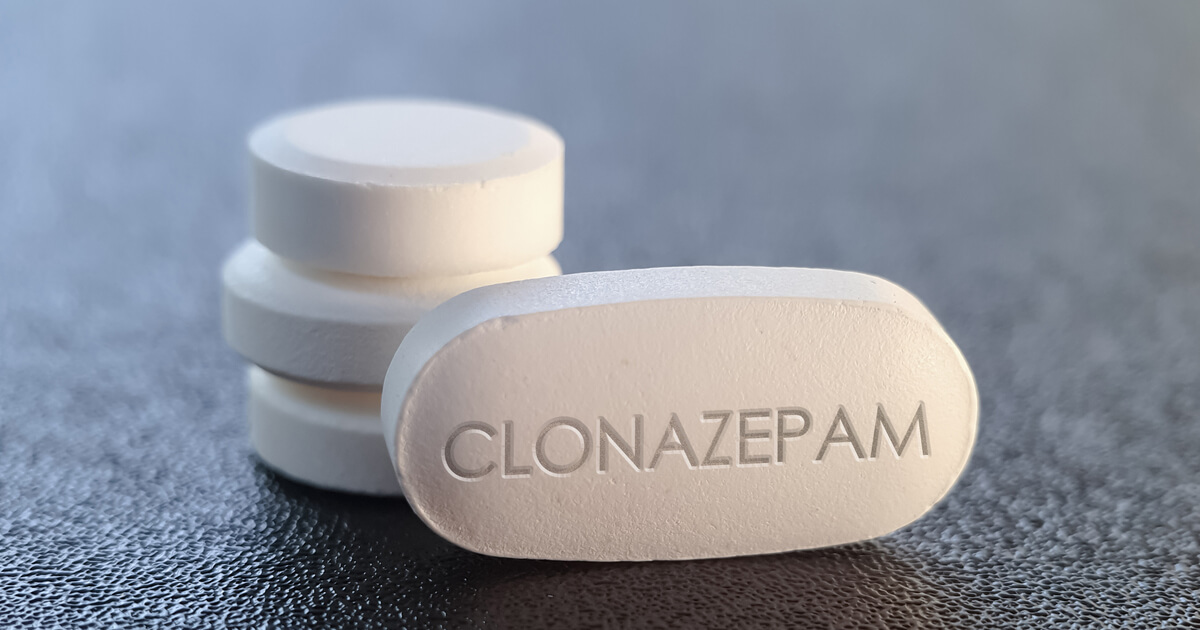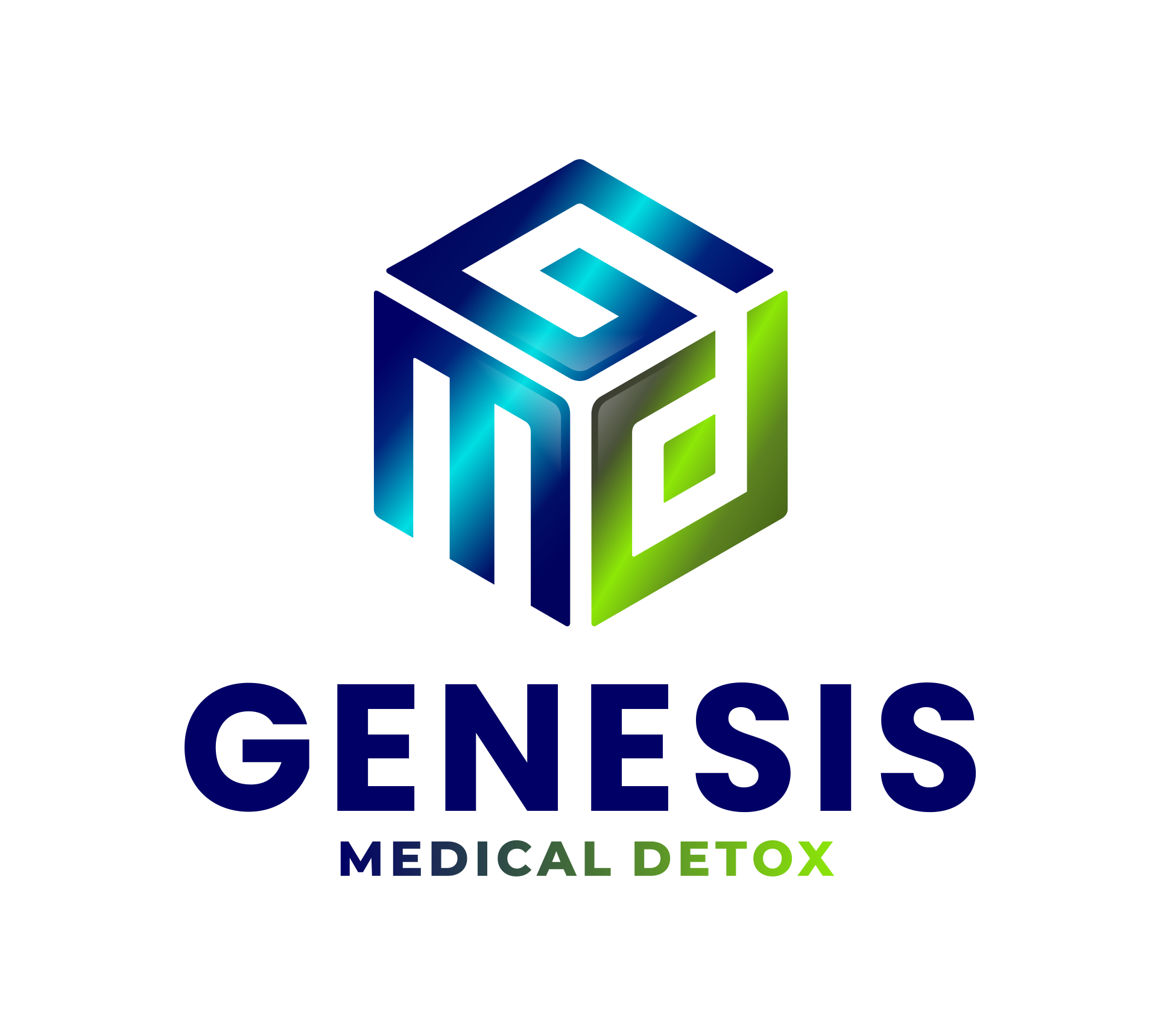
Mephedrone is a dangerous drug and has been wreaking havoc on individuals and families across the state of Tennessee, leading to numerous health and social problems. It is crucial that we address this issue and take action to combat the growing epidemic of mephedrone addiction.
Mephedrone, also known as “bath salts,” is a synthetic stimulant that can have severe effects on the body and mind. Users often experience intense euphoria, increased energy, and distorted perceptions. However, the short-term highs come with long-term consequences, including addiction, paranoia, and even psychosis. The accessibility and affordability of mephedrone make it appealing to many, leading to a rise in addiction rates in Tennessee.
One of the most concerning aspects of mephedrone addiction is its impact on individuals’ health. Prolonged use of this drug can lead to heart problems, seizures, and even death. The addictive nature of mephedrone makes it challenging for users to break free from its grip, leading to a downward spiral of physical and mental health issues. Without intervention and support, those struggling with mephedrone addiction may face dire consequences.
Furthermore, mephedrone addiction not only affects the individual user but also has ripple effects on their families and communities. Relationships may be strained, finances may be depleted, and criminal activity may increase as individuals seek to feed their addiction. The cycle of addiction can be difficult to break without the necessary resources and support systems in place.
What is Mephedrone and Where Did it Come From
This synthetic stimulant has gained popularity in recent years, especially among club-goers and party enthusiasts. Originating from China in the early 2000s, Mephedrone quickly spread to Europe and other parts of the world, captivating a diverse range of users. Despite its recreational appeal, Mephedrone poses significant health risks and legal concerns due to its potent and unpredictable nature.
Mephedrone was first synthesized by chemists in China as a potential alternative to MDMA and amphetamines. Its stimulating and euphoric effects soon caught the attention of recreational drug users, leading to its widespread distribution across Europe and beyond. Marketed as a legal high, Mephedrone was readily available in clubs, online platforms, and underground markets, attracting a large following of young adults seeking a cheap and easily accessible high.
However, the use of Mephedrone comes with a myriad of risks and dangers. Due to its unregulated production and varying purity levels, users often face the uncertainty of what substances they are ingesting, increasing the likelihood of adverse reactions and overdose. Reports of severe side effects such as paranoia, hallucinations, and even fatalities have raised concerns among health authorities and law enforcement agencies, prompting stricter regulations and crackdowns on its distribution.
While Mephedrone may offer temporary feelings of euphoria and heightened sensations, its origins as a synthetic stimulant come with a host of dangers and uncertainties. As awareness of its risks grows, it is crucial for individuals to educate themselves about the potential consequences of using Mephedrone and to seek healthier and safer alternatives for recreational enjoyment.
How Does Mephedrone Affect the Brain
Have you ever wondered how the drug Mephedrone affects the brain? Mephedrone, also known as “Meow Meow” or “M-Cat”, is a synthetic stimulant that can have serious consequences on the brain and overall health of individuals.
Mephedrone can have detrimental effects on the brain, leading to various cognitive and emotional disturbances. This drug acts on the brain’s neurotransmitters, such as dopamine and serotonin, affecting mood, behavior, and cognition. For example, chronic use of Mephedrone can result in increased impulsivity, agitation, and even psychosis. These changes in brain chemistry can have long-lasting consequences on mental health and overall well-being.
Furthermore, Mephedrone can lead to addiction due to its potent effects on the brain’s reward system. When individuals use Mephedrone, the brain releases large amounts of dopamine, creating intense feelings of pleasure and euphoria. As a result, the brain becomes reliant on Mephedrone to experience these sensations, leading to compulsive drug-seeking behavior and addiction. This can have devastating effects on individuals’ lives, relationships, and mental health.
Moreover, the use of Mephedrone can have neurotoxic effects on the brain, damaging neurons and impairing cognitive function. Studies have shown that Mephedrone can cause oxidative stress and inflammation in the brain, leading to cell death and neurodegeneration. These changes can result in memory problems, impaired decision-making, and cognitive deficits that can persist even after discontinuing the drug.
The use of Mephedrone can have serious consequences on the brain, leading to cognitive, emotional, and behavioral disturbances. It is essential to raise awareness about the harmful effects of this drug and to avoid its use to protect the brain and overall well-being.
Detoxing from Mephhedrone
Detoxing from this synthetic drug can be a challenging process, both physically and mentally. However, with the right support and determination, it is possible to overcome the withdrawal symptoms and regain control of your life.
Detoxing from Mephedrone can be a difficult experience due to the powerful effects of the drug on the brain and body. This drug can lead to intense cravings, mood swings, and physical discomfort when trying to quit. However, many people have successfully detoxed from Mephedrone with the help of medical professionals, support groups, and loved ones.
One of the key factors in successfully detoxing from Mephedrone is having a strong support system. Surrounding yourself with people who care about your well-being and want to see you succeed can make a significant difference in your recovery journey. Whether it’s friends, family, or a support group, having people to lean on during this challenging time can provide the encouragement and motivation needed to stay on track.
In addition to having a support system, developing healthy coping mechanisms is essential when detoxing from Mephedrone. Finding alternative ways to manage stress, such as exercise, mindfulness, or hobbies, can help distract from cravings and reduce the risk of relapse. Learning how to navigate difficult emotions and situations without turning to drugs is a crucial skill that can support long-term recovery.
In Conclusion
In conclusion, the prevalence of mephedrone addiction in Tennessee is a pressing issue that requires immediate attention. By raising awareness, providing access to treatment programs, and offering support to those in need, we can combat the devastating effects of this dangerous drug. It is essential for communities, healthcare providers, and policymakers to work together to address mephedrone addiction and prevent further harm. Together, we can make a difference and help individuals break free from the grip of addiction.
If you or someone you know is struggling with a chemical dependency issue reach out to Genesis Medical Detox or Magnolia Ranch Recovery today and get started on the path to long-term recovery.








